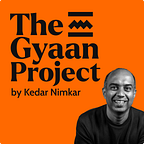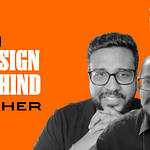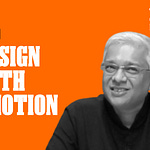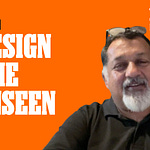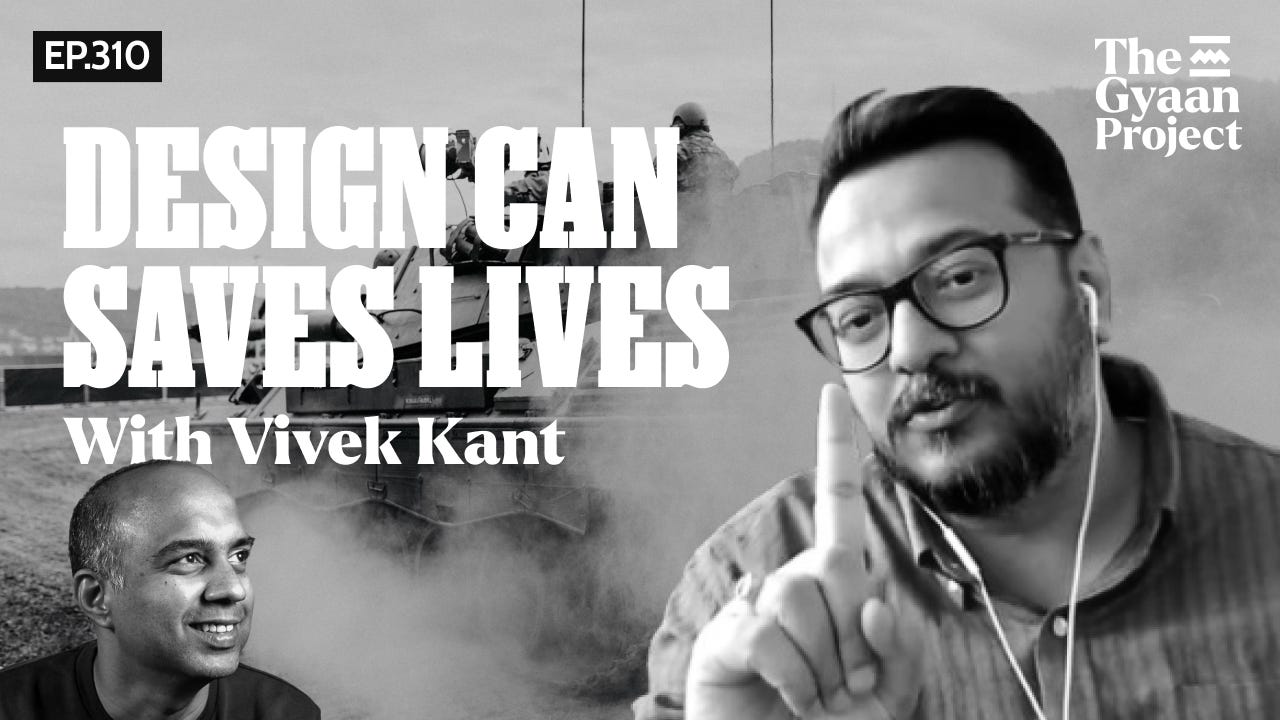
Summary
In this eye-opening conversation, Vivek Kant shares insights from his interdisciplinary journey spanning electrical engineering, cognitive science, and human-centered design. He explores the critical intersection of humans and technology in complex systems, emphasizing the need for designers who can balance technical requirements with human capabilities. Perfect for young Indian designers seeking to expand beyond conventional design thinking, this episode offers practical wisdom on applying human-centered approaches to sectors like defence, government services, and infrastructure, where thoughtful design can prevent accidents and improve lives.
Questions discussed
How did your interdisciplinary journey from electrical engineering to cognitive science to psychology, and now design, shape your thinking about complex systems?
How would you define human-centric design for someone who doesn't understand design principles?
What is the difference between design systems and systems design?
How can human-centered design be practiced in India specifically, and which sectors should invest more in this approach?
What would an ideal curriculum for human factors look like across design institutes?
With AI demanding that designers to become more technical, how does your approach suggest that engineers should become more design-focused?
Which critical areas require design intervention but are often overlooked?
How can existing designers or engineers participate in improving human-centered design in various sectors?
Why should all government services in India have human-centered designers?
If you were to imagine the Indian defense ecosystem fully integrated with human-centered design 20 years from now, what would that look like?
Reference links
Vivek Kant (Design researcher focusing on human-centered design for complex systems)
Richard Buchanan (Design theorist who developed the concept of "orders of design")
James Reason (a Psychologist who developed the "Swiss cheese model" of accident causation)
Christian von Ehrenfels (an Austrian philosopher who conceptualized Gestalt qualities)
Rammohan Maikala (Head of musculoskeletal disorders lab at the National Safety Council in the US)
Human Factors and Ergonomics: Syllabus for Indian Universities


